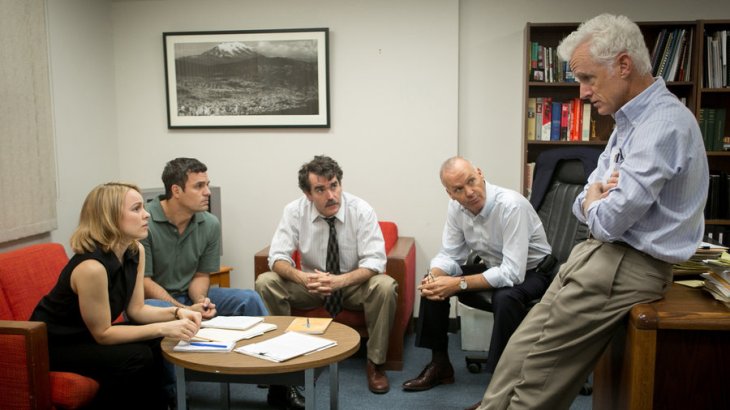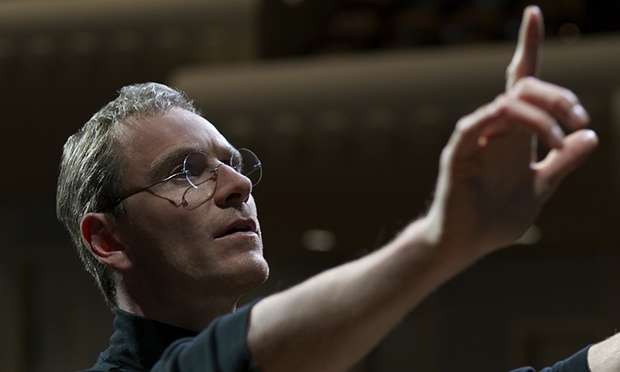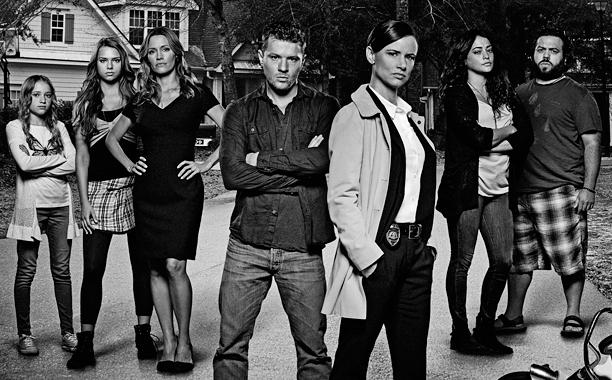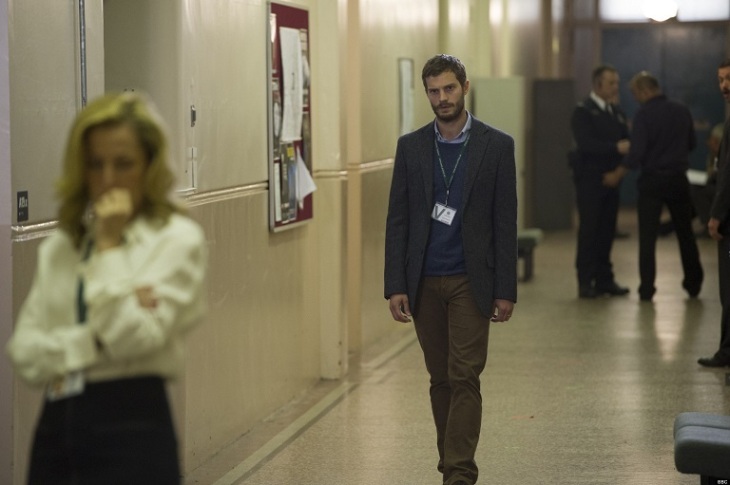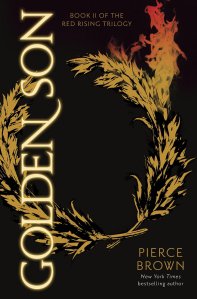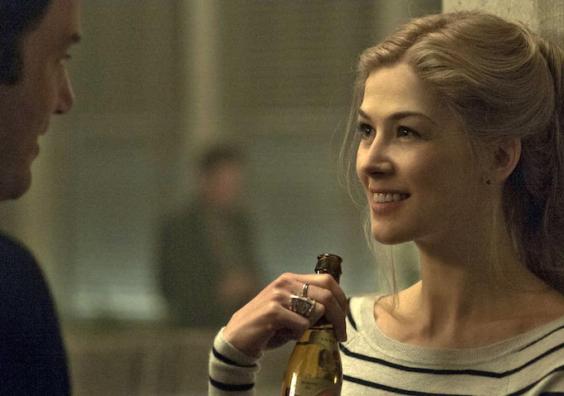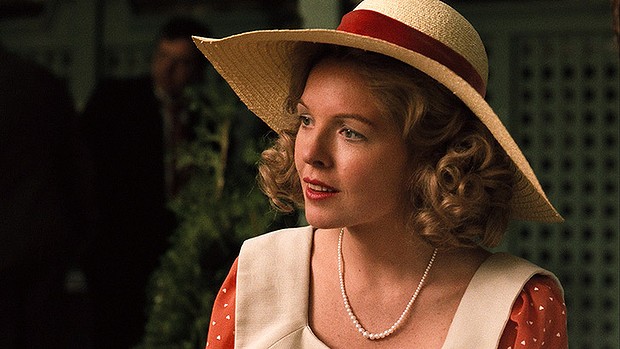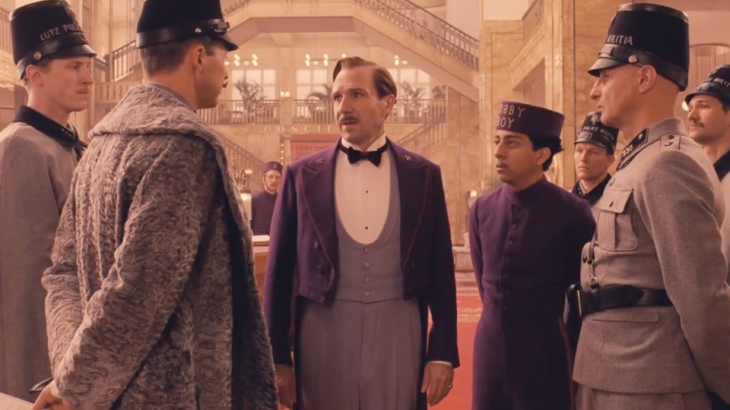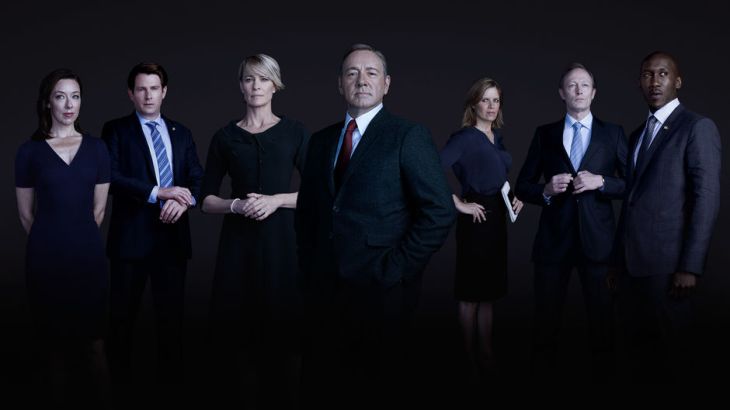
Frank Underwood (Kevin Spacey) seeks shelter as his house of cards comes tumbling down.
Deep down, we all knew that Netflix’s House of Cards was trash. Relentlessly soapy, popcorn-blockbuster trash that can be marathoned in the same way college kids shotgun cheap beer. The show is high fructose entertainment disguised as hifalutin theater–all on the good faith of a rented tux.
Yet, Serious People watch House of Cards. Despite the soap, it remains a must-watch for the audience-elite. Blame it on David Fincher, who executive-produces the show. Blame it on Kevin Spacey and Robin Wright, two of the finest actors of their generation, who star in the show. Blame it on its source material–a British book series turned BBC series. There’s a lot of surface prestige, but if you look closer (no pun intended, for all my Kevin Spacey fans out there), its first two seasons follow a man who almost too easily takes the American vice presidency and subsequently, the presidency, from opponents unworthy to rival him in a wannabe Shakespearean territory. Sure, it’s a show that sometimes wants to be about politics, but is actually more about one man’s ambition to the rule the world; at the end of day, however, House of Cards says very little about American government, but a lot about–well, a lot about something.
And therein lies the problem with the first two seasons of House of Cards–it’s a drama with a lot of showmanship, but not self-aware enough to know that it’s saying very little about any of the things it’s supposed to be about. Its opportunities to be more than a soap are vast, but all those opportunities are wasted on saying a lot of cynical things that we already know–politicians can be ruthless and dumb, journalists can be immoral and dumb. Reiteration is not insight.
In the third and most recent season of the show though, the tides have changed. The writers are now completely aware that their show is not so much a commentary on D.C. politics, but a commentary on, well, human nature–which is what they’ve wanted to explore all along, but were too afraid to venture too deep, too far, too fast. Yes, it’s still a D.C. show, but it’s now self-aware enough to acknowledge that it’s also a show starring Richard III and Lady Macbeth in all their theatrical glory. As such, the writers don’t have much to say about how the government run things, but they do have some things to say about the people running the government–and more precisely, people running things.
Season three has been criticized as being too slow, as Francis Underwood’s (Spacey) super-villainy begins to wane. Frank has attained the presidency, but that creates problems–his wife, Claire (Wright) has political ambitions of her own, he can’t get his damn bill past congress, his party doesn’t want to support him in the next presidential election, things aren’t going well with Russia–the list goes on. Broadly speaking, all of that sounds like a usual D.C. affair, but the details show just how uninterested the writers are about writing American political fanfiction.
As president, Frank desperately tries to push through a bill called America Works (AmWorks), which he considers the crux of his presidency–his legacy, if you will. AmWorks aims to create more jobs and hopes to succeed this by taking money of the Medicare budget and dumping it to businesses to create new jobs. There are, of course, a number of problems with this bill, the most obvious being (well, all of them are obvious) that there is no way in hell that this kind of bill would be championed by a Democrat, or even by any sane Republican. Any politician knows that social security benefits are a precious social commodity, even to conservatives. Predictably, Frank is met with opposition from both sides, including the leadership of his own party.
However, it seems besides the point to contemplate Frank’s foolishness. It’s clear that Frank is on a power trip and he wants to make a mark on history all with pure adrenaline, sans substance. And it begs the question: Is this what Frank has been all along–a political hack? And furthermore, is that what the show has been all along–a dramatic hack job, a much ado about nothing a la Entourage, but has managed to moonlight around as a serious show for serious people for two whole seasons? Perhaps, but with this AmWorks bullshit, the writers seem to wink at us, acknowledging exactly at what they’ve done.
And you realize that, just maybe, that Frank’s terrible bill is just the usual made-up nothingness consistent with the show’s capacity to be politically irrelevant. Even Frank meeting with the president of Russia (a Putin wannabe very well-played by Lars Mikkelsen) in the Jordan Valley is far-fetched and sort of, well, ridiculous. While The West Wing tried to play idealist politics and Veep wants to be a modern-day political satire responding to the Sarah Palin “what ifs?”, House of Cards is not concerned about how D.C. should or is running things as D.C. is merely a stage for whatever stories the writers want to tell about whichever people. It becomes quickly apparent that the writers want to showcase the women this season–not just women in politics, but women dealing with modern-day feminism, starting with Frank’s souring presidency/legacy being determined by the women who have the capability to save or destroy him. The female characters that populate House of Cards dwell in the Jezebelian age of patriarchal dissent–a faux feminist ideology that upholds independence and sexual prowess, yet ignores how often those two ideas contradict when intertwined.
This season, Claire proves that she could just be Frank’s Achilles’ heel. She has her eye on the open ambassador position, but she needs Frank’s help to get the position, which could be politically compromising for both of them. Problem is, Claire also views the presidency as theirs, but yet, deep down, it’s not–he’s made it and she’s trailing behind and needs him to set the score even; if so, were they ever truly equals? Or, was she just a politician’s wife who was tricked into the idea that her husband’s life was truly hers as well? We discover that, perhaps Frank loves Claire much more than he’d like to admit, but as the season progresses, Claire discovers that, perhaps, she doesn’t love Frank as much as she has admitted. Like most great tales, maybe House of Cards has really been about the Underwoods’ marriage all along because well, this season certainly is.
Then there’s Jackie Sharp (effortlessly played by Molly Parker), the former war veteran turned Democratic majority whip who owes Frank for turning her into a relevant political powerhouse in season two, but who also brews greater political ambitions of her own. Yet, politics is a hard game for a fortysomething woman who isn’t a wife and mother, so she’s forced into a compromising position, as she fights her lingering feelings for former lobbyist and current chief-of-staff to the president, Remy Danton (Mahershala Ali).
Also, enter Heather Dunbar (Elizabeth Marvel), Frank’s major political foil this season–a morally righteous solicitor general with a wealthy family who is fighting a fight worth fighting for, despite that she needs to sometimes play dirty and certainly has the money for it. In Dunbar, we have someone to root for in a show populated by variations of villainy or unlikability because she’s a worthy political foil–she’s not another Russo who can be done away with the promise of a good time. Frank is unsure whether to place Dunbar as an ally or enemy because she’s smart enough to be a real threat on the other side, but she’s a good enough person to be a bane on his own turf. Dunbar is dangerous to Frank because not only is she one of the few people in the House of Cards universe that has a shot at heaven, but the audience has a reason to like her. Dunbar’s taking away Frank’s spotlight, despite the fact that we, as Frank’s audience, are supposed to root for him as he’s the one who has invited us into his world with those clever asides and we probably even cheered when he first entered the oval office and banged his ring on the desk and it faded to black. Above all else, this is Frank’s story and we’re all starting to like Dunbar more–and that’s why she feels like such a threat. And that’s when it begins to feel like Frank Underwood is no longer writing history like he so easily did before, in turn, unexpectedly humanizing him and making his story a bit more interesting than before.
Frank has a worthy foil now–she’s no longer just an inevitable loser to be destroyed on his way to power. Frank and Claire’s marriage has become more or less a fractured partnership. Frank’s protege doesn’t want to be a pawn anymore. Frank unintentionally bares his soul to the novelist of his propaganda biography (in a wonderfully understated performance by Paul Sparks, destined to be underrated) and we discover more about him than we ever did from his asides.
And, as a subplot that feels like it exists both in the same show and a different show, Doug Stamper (Michael Kelly, in a supporting performance for the record books), tries to claw back into Frank’s good graces as he also searches for his attempted murderer/obsession, Rachel Posner (Rachel Brosnahan). While Doug’s story line is a wicked slow burn, it’s also the most heartbreaking, frightening, and complex one this season–all that thanks to Kelly’s spectacular performance, worthy of an Emmy this year, or any other year. It’s hard not to be overshadowed by Spacey’s and Wright’s towering performances, but the show made the right decision to properly give Kelly his chance to carry his own space. Kelly reaches into every corner of Doug’s screwed up soul from every complicated, uncomfortable angle, just to find out that, deep down, Doug yearns for, well, embarrassingly enough–love and validation.
Not to say it’s not a season populated with other great performances–yes, Spacey and Wright are still fantastic to watch, especially in their last few scenes together. I almost forgot to mention Kim Dickens as as a White House journalist who is miles more likable than Zoe Barnes will ever be; in fact, Dickens’ and Sparks’ chemistry is one of the most charming parts of the season, if not sometimes oddly distracting because there’s a romantic comedy worthy of The West Wing in this bastard of a universe–it’s a mixed bag, for sure, but an enjoyable mixed bag, nonetheless. There’s also Jimmi Simpson as the hacker from season two and Kate Lyn Sheil as Rachel’s Christian ex-girlfriend whose stories unexpectedly intertwine in a very heartfelt, and sort of touching way.
Here’s a show that didn’t dabble in the matters of the heart, but now the show purely benefits from wearing its heart on its sleeve. Creator Beau Willimon’s staunch anti-sentimentality stance seemed to be running on empty and the show finally realized that to grow, we all need a little more than Claire Underwood feeling sorry for a middle-aged cashier lady (i.e., that brief moment of humanity in season one). Point is, Frank is not doing very well, personally or professionally, as president–which makes him less fun, but gives him more depth. Because the world around him is turning sentimental–or was it sentimental all along? And, maybe that’s part of the show’s point this season–it may have very little to say, politically, about foreign affairs, LGBT rights, racism, Medicare benefits, and unemployment as it handles all those issues quite awkwardly and there’s no reason to dwell on things that are clearly not meant to be done well, but it does have a lot to say about, well, humanity. The show has always been just that brash in its ambitiousness and it has taken three seasons for it to declare it with such honesty. And with such honesty, House of Cards is no longer trash–it’s the sustained operatic high note that it has always aspired to be.

